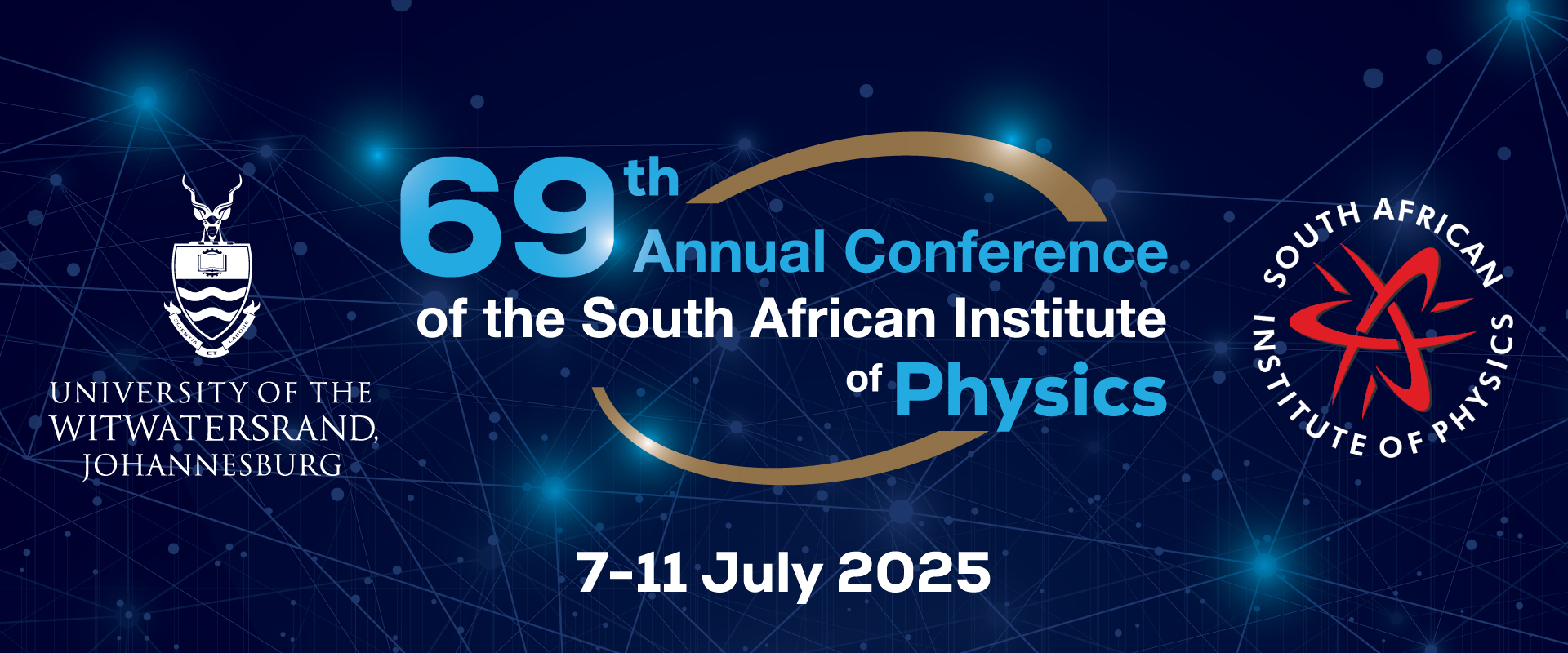Speaker
Description
Abstract
Accurate forecasting of residual electricity demand is crucial for enhancing energy planning, grid reliability, and the integration of renewable energy sources. Traditional statistical models often struggle with the complex, nonlinear patterns inherent in electricity demand, giving rise to the need for more robust machine-learning approaches. This paper proposes a novel forecasting framework, HBA-XGBoost, which integrates the Honey Badger Algorithm (HBA) with the Extreme Gradient Boosting (XGBoost) model to optimise forecasting performance. A comprehensive feature engineering pipeline, including temporal decomposition and Fourier analysis, captures the data's daily, weekly, and seasonal variations. The hyperparameters of the XGBoost model are finely tuned using the Honey Badger Algorithm, a swarm intelligence optimisation technique inspired by the foraging behaviour of honey badgers. Experimental evaluation is conducted on historical South African energy demand datasets, divided into training, testing, and out-of-sample validation sets. The results demonstrate that the proposed HBA-XGBoost framework achieves superior predictive accuracy, yielding lower Mean Absolute Error (MAE) and Root Mean Squared Error (RMSE) compared to conventional methods. These findings highlight the potential of synergising metaheuristic optimisation with machine learning models for reliable residual demand forecasting in emerging smart grid infrastructures.
Keywords: residual demand forecasting, XGBoost, honey badger algorithm, machine learning, metaheuristic optimisation, renewable energy integration, smart grids.
| Apply for student award at which level: | MSc |
|---|---|
| Consent on use of personal information: Abstract Submission | Yes, I ACCEPT |

